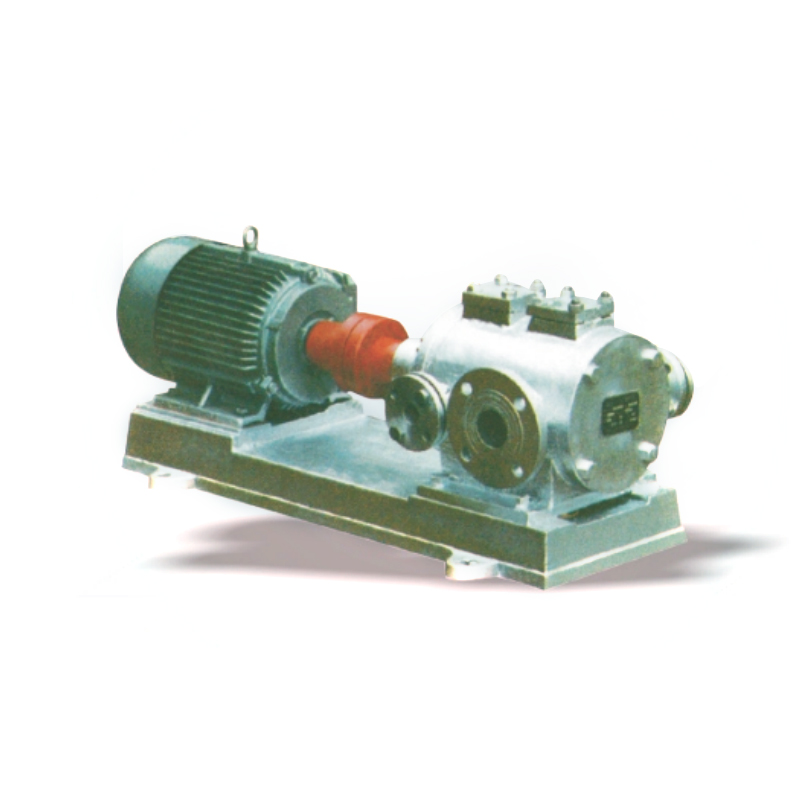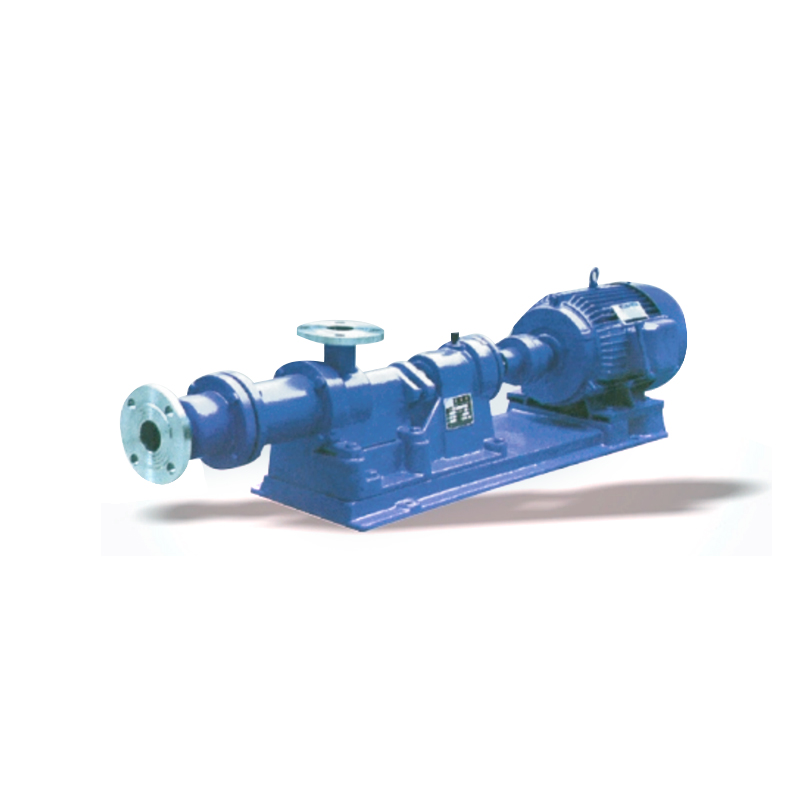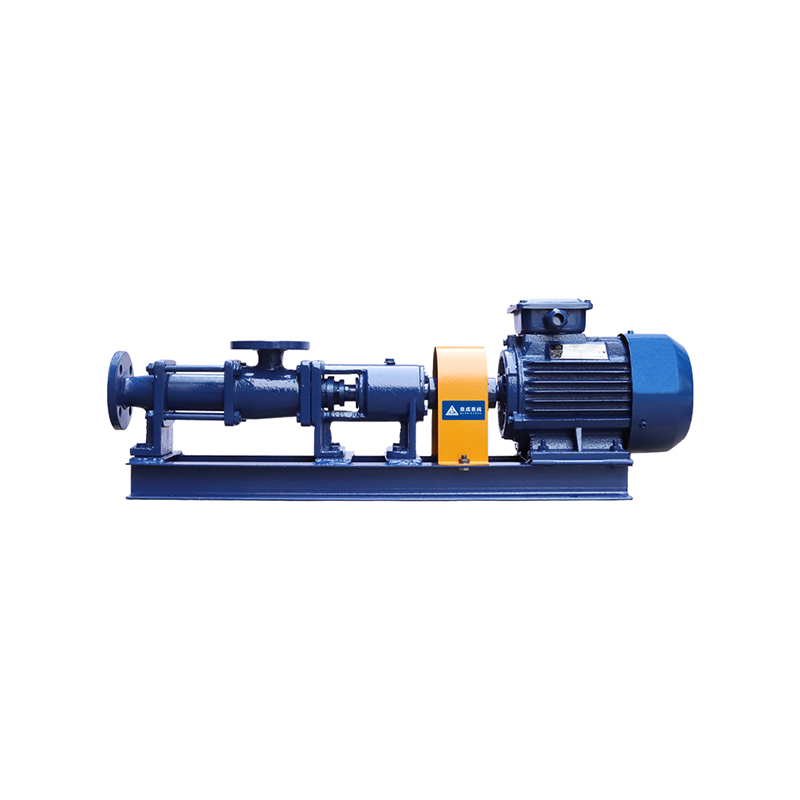Single-stage Single-suction Centrifugal Pumps are widely used in industrial and commercial applications where reliable fluid transfer is essential. These pumps operate using a single impeller to generate flow, drawing li...
READ MOREScrew Pumps Manufacturers
Screw pumps are a type of positive displacement pump that plays a critical role in fluid transportation across various industries, offering unmatched performance, efficiency, and versatility. These pumps are designed based on the interaction between a helical screw rotor and a stator. This dynamic system creates a consistent, non-pulsating flow, making screw pumps ideal for applications where precision, smooth operation, and reliability are paramount.
1. How Screw Pumps Work
Screw pumps operate through the meshing of two primary components: the rotor (the screw itself) and the stator (the casing with a helical cavity). These two parts work together to form sealed cavities, which trap and transport the fluid from the inlet to the discharge side. As the rotor revolves within the stator, the fluid is drawn in at the suction side and pushed out at the discharge side without being agitated or disrupted.
The process begins when the rotor, powered by an input shaft, rotates around the stator. This planetary motion of the rotor in the stator creates multiple, separate chambers that continuously move the fluid in a smooth, axial direction. Importantly, the volume of these chambers remains constant throughout the operation, ensuring a steady and pulsation-free fluid flow.
2. Key Features of Screw Pumps
Smooth and Steady Flow: One of the standout features of screw pumps is their ability to provide a smooth, continuous, and non-pulsating flow. This is especially crucial in applications where fluid consistency and precision are essential, such as in the chemical and pharmaceutical industries.
Self-Priming Capability: Screw pumps excel at self-priming, meaning they can create a vacuum to draw fluid into the pump from a dry state. This ability makes them ideal for handling liquids with high viscosities, and for systems where pump cavitation or air lock could be a problem.
Adaptability to Viscous Fluids: Screw pumps can efficiently handle highly viscous fluids such as oils, sludges, pastes, and cement slurry without causing damage or reducing performance. This versatility makes them indispensable in industries like wastewater treatment, construction, and food processing.
High Pressure and Low Pulsation: Screw pumps can achieve high discharge pressures while maintaining low pulsations. This makes them highly reliable in systems where pressure fluctuations can cause issues, ensuring consistent flow rates for critical applications.
Minimal Fluid Disruption: Unlike centrifugal pumps, screw pumps do not have rapidly spinning impellers, which means that delicate fluids (such as those in the pharmaceutical or food industries) are not subjected to shear forces or turbulence that could affect their quality.
3. Applications Across Diverse Industries
Screw pumps have a broad spectrum of uses, making them a critical tool in many industries:
Wastewater Treatment: In wastewater treatment plants, screw pumps are used to transfer thick sludges, sludge cake, or other high-viscosity fluids that are often too difficult for centrifugal pumps to handle.
Construction and Cement Industry: In cement plants, screw pumps are frequently employed to transport viscous materials like cement slurry or grout, offering exceptional flow consistency without the risk of clogging or pump failure.
Paper and Pulp Industry: The ability to transfer thick pulp or slurry with minimal agitation makes screw pumps ideal for the paper manufacturing process, where material consistency is key to producing high-quality paper.
Pharmaceutical and Food Processing: Screw pumps are essential in pharmaceutical and food processing applications, where maintaining the integrity of delicate liquids and preventing contamination are top priorities.

-
-
Multistage Pumps Factories play an essential role in modern industrial operations, producing pumps capable of handling high pressure and large volume applications. These factories focus on manufacturing multistage pumps ...
READ MORE -
Introduction to Jockey Pumps Jockey Pumps are integral components in fluid systems that require consistent pressure. Typically used in fire protection networks, they maintain pressure in pipelines when main pumps are ina...
READ MORE






 浙公网安备33032402001888号
浙公网安备33032402001888号
